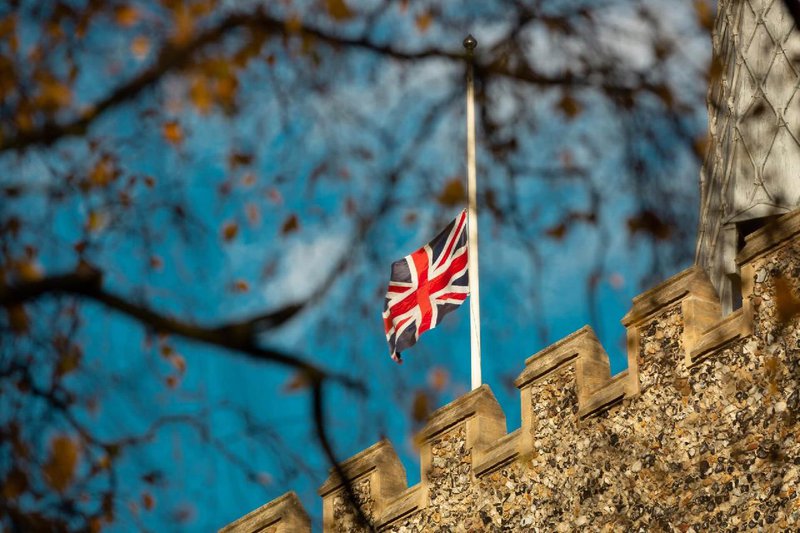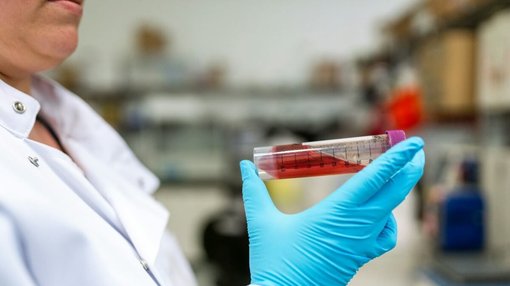University of Oxford’s Human Trial for Protection Against COVID-19 Virus Gets Ethically Approved
United Kingdom Europe COVID-19 by Erudera News Apr 23, 2021

The University of Oxford’s human trial for protection against the reinfection with Coronavirus has been ethically approved.
According to the university research report, in the trial, healthy people will be exposed to a disease-causing organism under a monitored environment and fully controlled by professionals, Erudera.com reports.
The professor of vaccinology at the University of Oxford, Helen McShane, said that the point of the study is to identify what kind of immune response prevents the possible reinfection with the virus.
Levels of different elements compounding the immune response, such as T-cells and antibodies, will be measured and then tracked to determine how it is reinfected when exposed to the virus, McShane said. The trial is also expected to reveal the vaccine’s efficacy.
According to Oxford University researchers, this method has proved to be valid in understanding different complications and diseases such as malaria, tuberculosis, and gonorrhea. Trial applicants and recruitments are set to start in the upcoming weeks.
People eligible for the trial must be healthy, 18 to 30 years of age, and must have been infected with COVID-19 three months before joining the trial. They also must have positive COVID-19 PCR test results and present proof they have antibodies to the virus.
During the first phase of the trial, 24 participants will be divided into groups of three to eight people. They will receive the original Coronavirus infection via the nose. After 50 percent of people, as predicted, get infected with the virus, the method will be further applied from ten to 40 other participants to confirm the anti-virus dose.
In the second phase, the new group of participants will be studied to determine the before and after immune response to the virus and the level of infection and symptoms of those who become reinfected.
If the participants get reinfected or develop any symptoms, they will be given a monoclonal antibody treatment, regardless of the trials phase. The participants, who will receive financial support, will be followed up for 12 months.
Previously, the US National Institute of Health (NIH) funded an amount of $912,000 to the University of Florida to conduct the research on the smell-based COVID-19 tests, aiming to detect which one of the provided is the most accurate.
Later on, the University of Florida decided to experiment the efficacy of the Moderna COVID-19 vaccine and determine if it prevents people from having symptomatic disease, severe illness, or death. More than 1,000 students, who did receive financial aid, accepted to be participants in the experiment.
Recent Articles
United States
Apr 17, 2024
United States
Apr 17, 2024
United States
Apr 17, 2024
Germany
Apr 16, 2024
United Kingdom
Apr 15, 2024


